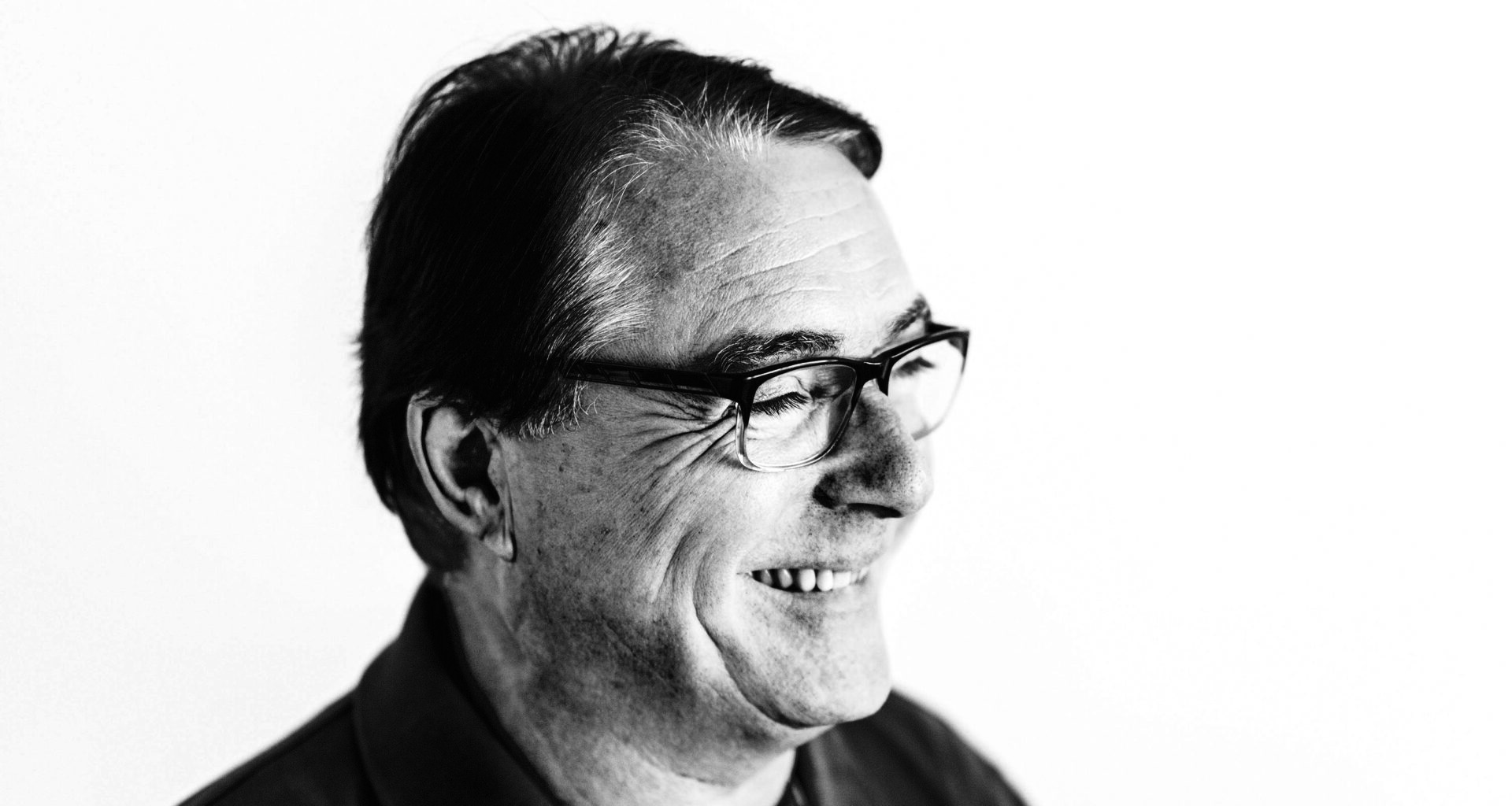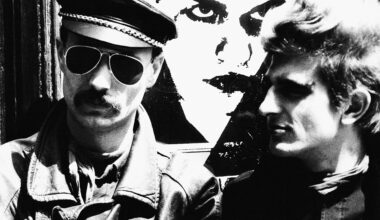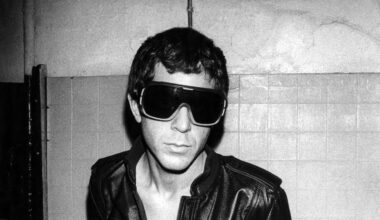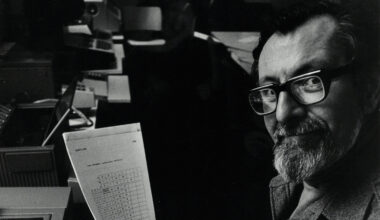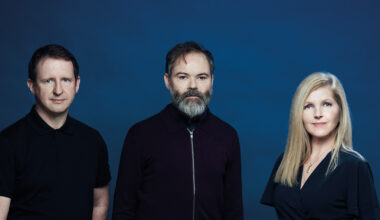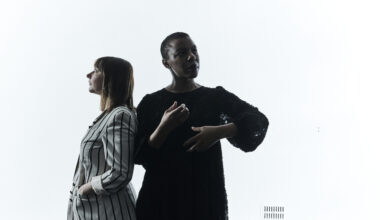Seven years on from his last outing, the inimitable and irrepressible Wolfgang Flür has a new album in the racks. Recorded with the help of an army of fascinating guests, it’s called ‘Magazine 1’ and it’s an opportunity for us to talk robots, romance, pacifism, money, sheep, rubbery legs and, inevitably, Kraftwerk
Want to read more?
Sign up to Electronic Sound Premium to gain access to every post, video, special offers, and more. 100%, all you can eat, no commitment, cancel any time.
Already a premium member? Log in here
